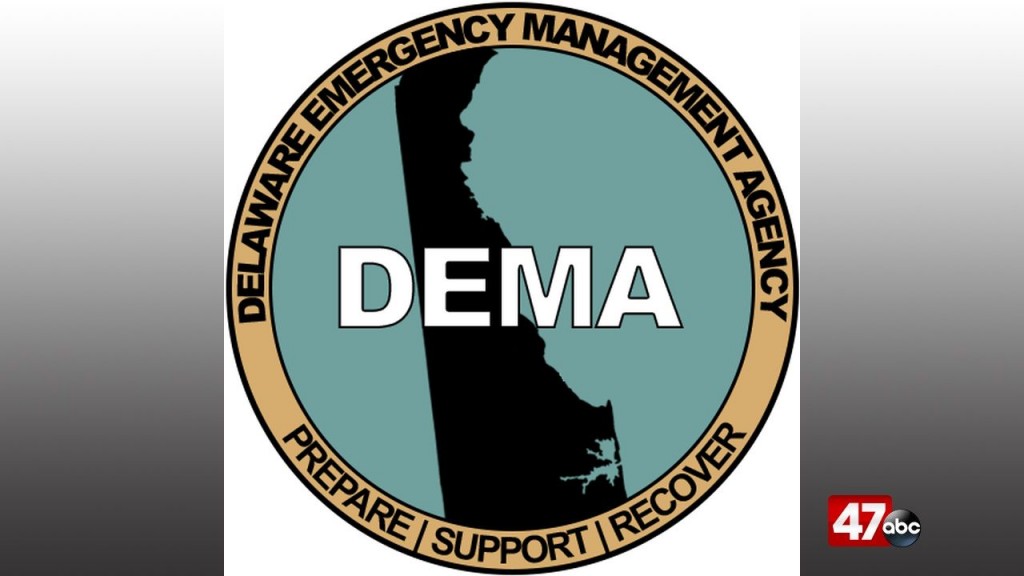Del. hospital cost review board a bandage for rising costs? Lawmakers clash on proposed bill
DELAWARE – Delaware lawmakers are wrestling with a new idea that has only been done in one other state.
Sponsors for House Bill 350 say the proposed Diamond State Hospital Cost Review Board (the Board) would help bring down healthcare costs in the First State. However, other lawmakers and industry stakeholders argue otherwise.
Controlling Costs
In 2018, Delaware lawmakers set benchmarks in an attempt to prevent drastic healthcare cost increases. Delaware House Speaker Valerie Longhurst, however, says that spending blows by benchmarks year after year.
“Each year, that spending benchmark has fluctuated between 3% and 4%. Healthcare in Delaware has met the benchmark in just one year. And, that was in 2020 when COVID-19 brought spending way down across the board,” Speaker Longhurst said.
Part of the problem, the Speaker says, is that the state has no mechanism to ensure those targets are being met. Notably, hospital costs totaled $3.5 billion in 2021; a 9.3% increase from 2019.
“Hospitals in Delaware account for 42% of all healthcare spending. That doesn’t account for pharmacy costs, visits to primary care doctors, or specialists,” Speaker Longhurst said. “We’ve waited for the benchmarks to level out in the past five years, and they have not done that.”
The First State and the Green Mountain State
Delaware’s proposed legislation is modeled off of Vermont’s Green Mountain Care Board; the state-appointed hospital cost review board is the only one in the nation.
In Vermont, hospitals profited $1,075 per patient. When comparing Vermont versus Delaware, hospital care in the former state is about $300 less than the latter. Newborn delivery, for example, is $2,300 cheaper in Vermont than it is in Delaware.
However, hospital advocates in the First State say Vermont’s program is not working as well as it seems to be.
Brian Frazee, CEO of the Delaware Healthcare Association (DHA), says access to and quality of care is more limited in Vermont, and 11 of the state’s 14 hospitals operate in the red.
“That’s the exact opposite direction than we want to go in,” Frazee said. “We’re a growing state, we’re an aging state, we don’t look anything like Vermont. We have rich diversity here in Delaware.
Local Needs, Customized Funding
That is just one of the reasons why the DHA and its partners remain “fiercely opposed” to the proposed bill, says Frazee. “Fundamentally, we think those decisions should be made at the local level, with our local community boards, and not a politically appointed board,” he said.
Under the legislation, the Board would consist of five members; three would be appointed by the Governor, one by the House Speaker, and one by the Senate’s President Pro Tempore. Two of the initial members would serve a two-year term, while the remaining three would serve for a four-year term. After that, all members will serve for four years.
Frazee says hospital systems, themselves, are best equipped to determine the needs of, and the necessary funding for, their patients.
“We want to expand access to care, especially given that we are a growing population, and an aging population as the fifth oldest state in the country,” Frazee said. “Our hospitals are focused, with their boards, on the local needs, and what needs to happen to address the health care challenges there, around workforce, access, health equity, behavioral health.”
Big Blow to Hospitals?
Another concern, says Frazee, is more immediate; one of the bill’s provisions would disallow hospitals from charging more than 250% of Medicare rates, until the Board is up and running.
“Our calculations show that would create an immediate $360 million cut into our hospital systems across the state,” Frazee said.
Representative Bryan Shupe also has major reservations with the proposed bill. He fears that by opening the door to a hospital cost review board, other industries could face future attempts by lawmakers to control prices.
“We’ll be pushing health care providers out of the state, we’ll be pushing patients out of the state, and the quality of care will simply go down,” Rep. Shupe said. “We have to remember that invisible hand of the market is always very good at adjusting to where it needs.”
Fiscal Note, Looking Ahead
The legislation would go into effect with the Governor’s signature. The Department of Health and Human Services (DHSS) would oversee the Board.
DHSS estimates an ongoing cost of $500,000 for the Board. Funding for the Board may increase as the years go on. The bill’s fiscal note estimates a total cost of $657,482 for Fiscal Year (FY) 2025, $707,534 for FY 2026, and $711,639 for FY 2027.
Looking ahead, Frazee believes that there could be a better solution to cut down on healthcare costs in the First State.


